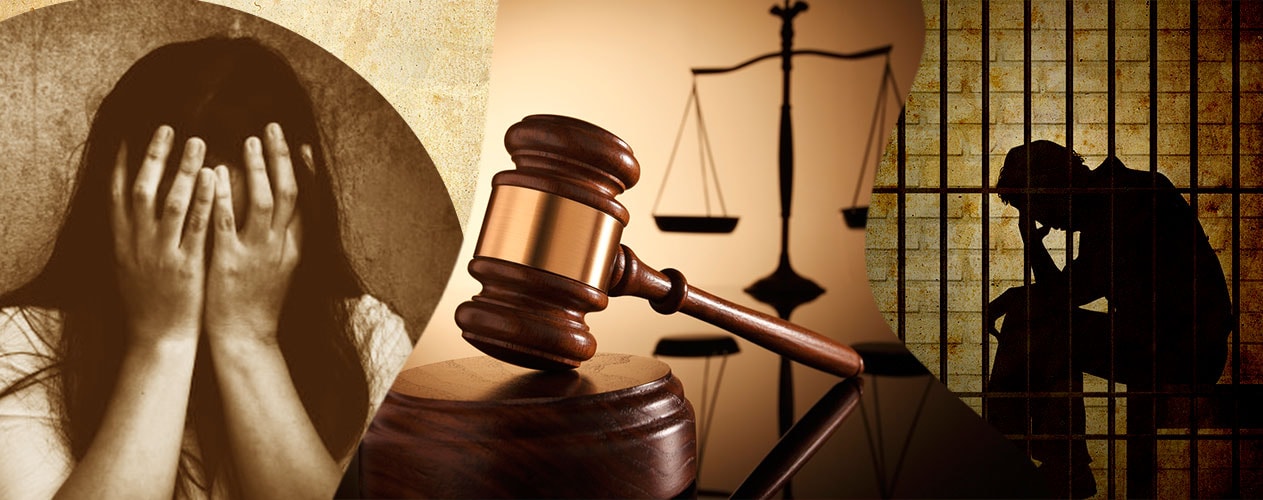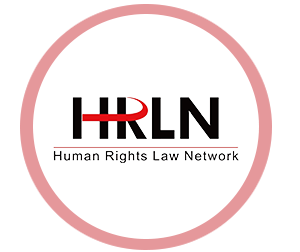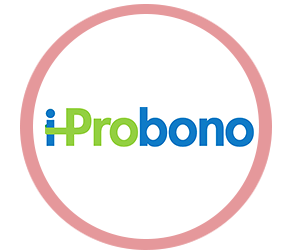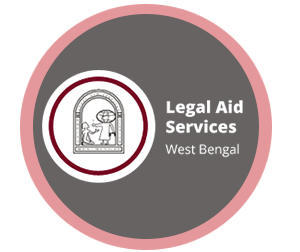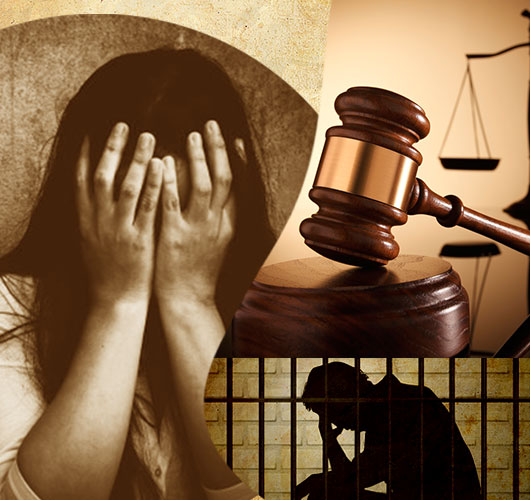
The Crimes identified under the Indian Penal Code (IPC) as Crime against Women are:
- Rape (Sec 375 &376). Read more
- Kidnapping and abduction for different purposes (Sec 366, 366A, 366B). Read more
- Homicide for dowry, dowry deaths or their attempts (Sec 304B). Read more
- Assault or criminal force to woman with intent to outrage her modesty (Sec 354). Read more
- Word, gesture or act intended to insult the modesty of a woman (Sec 509). Read more
- Cruelty by husbands or his relatives (Sec 498A). Read more
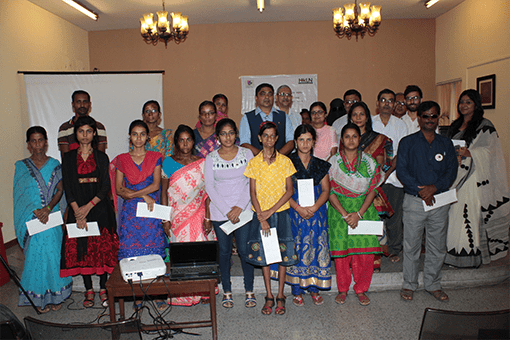
The following crimes against women are covered under SPECIAL LAWS (SLL):
- Immoral Traffic (Prevention) Act, 1956
- Dowry Prohibition Act, 1961
- Indecent Representation of Women (Prohibition) Act, 1986
- Indecent Representation of Women (Prohibition) Act, 1986
- Commission of Sati (Prevention) Act,1987
- National Commission for Women Act, 1990
- Protection of Women from Domestic Violence Act, 2005
- Sexual Harassment of Women at Workplace (Prevention, prohibition and Redressal) Act,2013
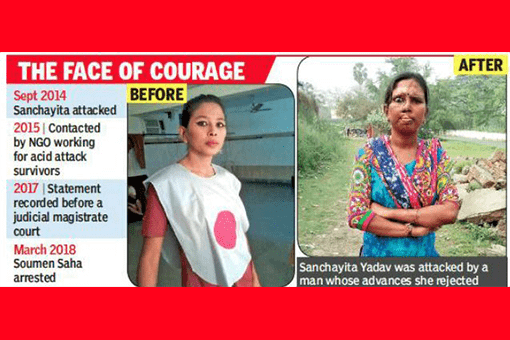
Convention on the Elimination of All Forms of Discrimination against Women (CEDAW)
The Convention on the Elimination of All Forms of Discrimination against Women (CEDAW), adopted in 1979 by the UN General Assembly, is often described as an international bill of rights for women. Consisting of a preamble and 30 articles, it defines what constitutes discrimination against women and sets up an agenda for national action to end such discrimination.
The Convention defines discrimination against women as “…any distinction, exclusion or restriction made on the basis of sex which has the effect or purpose of impairing or nullifying the recognition, enjoyment or exercise by women, irrespective of their marital status, on a basis of equality of men and women, of human rights and fundamental freedoms in the political, economic, social, cultural, civil or any other field.”
By accepting the Convention, States commit themselves to undertake a series of measures to end discrimination against women in all forms, including:
– To incorporate the principle of equality of men and women in their legal system, abolish all discriminatory laws and adopt appropriate ones prohibiting discrimination against women
– To establish tribunals and other public institutions to ensure the effective protection of women against discrimination ; and
– To ensure elimination of all acts of discrimination against women by persons, organizations or enterprises.
Indian Penal Code was amended on the 2nd of April 2013 with the passing of ‘The CRIMINAL Law (Amendment) Act. 2013. Read More
- + Laws concerning Women
-
The Crimes identified under the Indian Penal Code (IPC) as Crime against Women are:
- Rape (Sec 375 &376). Read more
- Kidnapping and abduction for different purposes (Sec 366, 366A, 366B). Read more
- Homicide for dowry, dowry deaths or their attempts (Sec 304B). Read more
- Assault or criminal force to woman with intent to outrage her modesty (Sec 354). Read more
- Word, gesture or act intended to insult the modesty of a woman (Sec 509). Read more
- Cruelty by husbands or his relatives (Sec 498A). Read more

The following crimes against women are covered under SPECIAL LAWS (SLL):
- Immoral Traffic (Prevention) Act, 1956
- Dowry Prohibition Act, 1961
- Indecent Representation of Women (Prohibition) Act, 1986
- Indecent Representation of Women (Prohibition) Act, 1986
- Commission of Sati (Prevention) Act,1987
- National Commission for Women Act, 1990
- Protection of Women from Domestic Violence Act, 2005
- Sexual Harassment of Women at Workplace (Prevention, prohibition and Redressal) Act,2013

Convention on the Elimination of All Forms of Discrimination against Women (CEDAW)
The Convention on the Elimination of All Forms of Discrimination against Women (CEDAW), adopted in 1979 by the UN General Assembly, is often described as an international bill of rights for women. Consisting of a preamble and 30 articles, it defines what constitutes discrimination against women and sets up an agenda for national action to end such discrimination.
The Convention defines discrimination against women as “…any distinction, exclusion or restriction made on the basis of sex which has the effect or purpose of impairing or nullifying the recognition, enjoyment or exercise by women, irrespective of their marital status, on a basis of equality of men and women, of human rights and fundamental freedoms in the political, economic, social, cultural, civil or any other field.”
By accepting the Convention, States commit themselves to undertake a series of measures to end discrimination against women in all forms, including:
– To incorporate the principle of equality of men and women in their legal system, abolish all discriminatory laws and adopt appropriate ones prohibiting discrimination against women
– To establish tribunals and other public institutions to ensure the effective protection of women against discrimination ; and
– To ensure elimination of all acts of discrimination against women by persons, organizations or enterprises. - + Laws concerning Acid attacks
-
Indian Penal Code was amended on the 2nd of April 2013 with the passing of ‘The CRIMINAL Law (Amendment) Act. 2013. Read More
- + Legal Support Groups
-

